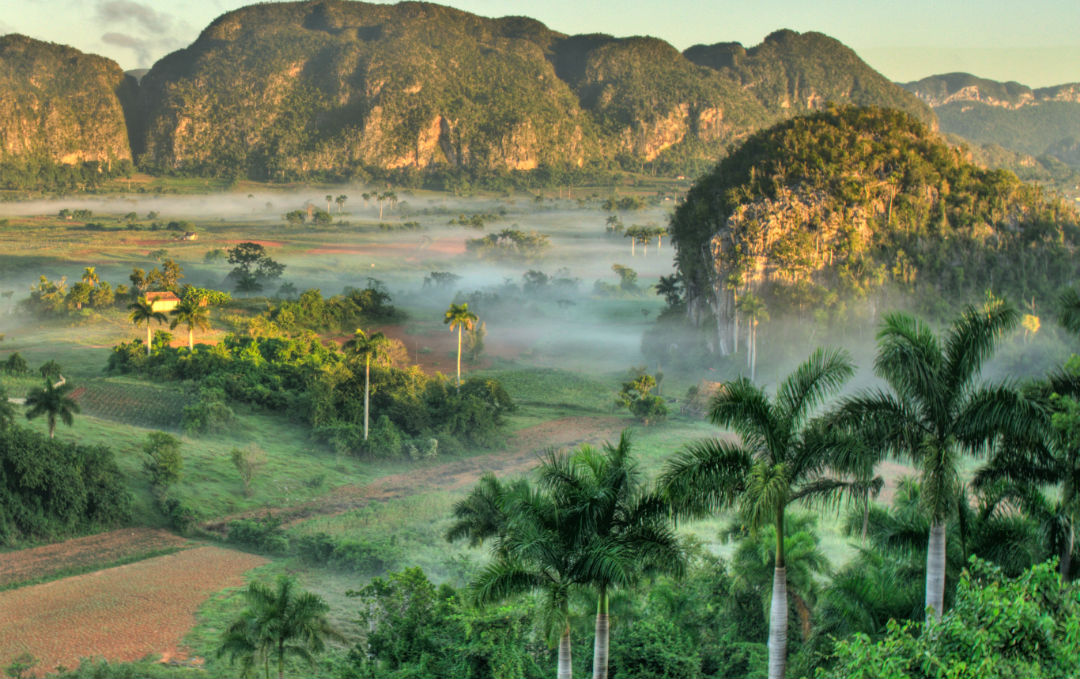U.S. Government Loosens Travel Restrictions to Cuba
The U.S. just opened a new embassy in Havana a short time ago and recently the government loosened some of the previous travel restrictions to the country. Here’s the lowdown on what you can and cannot do when traveling to Cuba.
Who can travel to Cuba
Bad news time for travelers looking for fun and sand on the beach. That’s still a no-go, but some of these rules are made for being exploited, so don’t fret and use your imagination when considering whether to go or not.
All but the last of these doesn’t require an official license to travel from the Cuban government:
- Visits to close relatives.
- People participating in academic or educational programs.
- Professional research.
- Journalists covering public performances and sporting competitions.
- Religious activities.
- You have an official licence to travel to Cuba issued by their government.
You’re also permitted to bring your family if you “fit” into any of these categories.
You have to check a box on your entry form stating the purposes of your trip, but aren’t currently required to provide an iron-clad, minute-by-minute itinerary when doing so. As Robert Muse, a lawyer who specializes in U.S.-Cuba related law, had this to say to those dismayed by the restrictions on sun and sand travel: “If somebody wishes to travel to Cuba and they can’t think up a way to fit into those categories, they are not trying.”
How to get there.
Things are still dicey over there with regards to commercial flights. In fact, Cuban officials aren’t allowing commercial carriers to land in their airports as of yet. U.S. and Cuban aviation officials are currently in talks to expand permissions, but currently only a a few charter companies are allowed through Cuban airspace. As of this post, there are literally dozens of these chartered flights leaving Florida, New York, LA and New Orleans each and every day.
You can also get to Cuba via cruise ship, but all the rules for entry still apply, meaning you have to have a legitimate reason for being there based on current established entry requirements into the country, or you have a license. Carnival Cruise Lines are one such company that has an agreement to travel to Cuba and plan to start doing so in April 2016.
People-to-people trips.
Make no mistake, there are hoards of eager travelers who’ve already hammered the Cuban hotel industry with reservations extending months into the future. To make matters worse, Cuba isn’t equipped with many “desirable” luxury hotels, which further thins the heard of possible accommodations. A smart alternative to scouring Hotels.com and Hotwire every day for a last-minute deal or cancellation is to get yourself on a people-to-people trip.
These trips are considered educational in nature and so fall under the general-license travel rules set out by Cuba. The trips are fully chartered by private companies who charge between $2000 and $4000 dollars to set out a full itinerary for you to visit various cultural and educational sites in the country. They create your full itinerary including the chartered flights and accommodations while you stay there. Check out our Tours and Activities Finder to book your people-to-people trip.
This is an expensive option, but good if you just want to visit and don’t want to worry about being turned away for saying the word “beach” or “suntan” while being questioned by Cuban Customs on entry. Though, I’ll restate that apparently, this isn’t a concern and many Americans have already traveled in and out of the country for fun and sun under the guise of doing something “educational” or visiting their dear old aunt “Zamira” who lives at the foothills of the Sierra Maestra.
How bad is the hotel situation?
It’s pretty bad. There are around 61,000 rooms available in the country and as you can imagine, tour operators have lots of money to throw around block-booking in advance. They know they won’t have any problems getting their money back, after all. This means that conceivably, most of 2016 is probably already sold out if you don’t look for other means of accommodations.
Some good alternatives are to consider staying at one of the hundreds of “Casas” (B&Bs) to stay at in popular tourist locations like Havana, Trinidad and Viñales. These aren’t easy to find online, but your local travel agent will likely be able to help.
Airbnb has also stated that they have at least 2,000 listings available with their service, but you have to have an official Cuban travel license to book through them at this time.
Cash is King in Cuba.
ATMs are a luxury in Cuba and many vendors still don’t have the capacity to process credit card payments or American bank cards. This means you either need to carry cash over with you, carefully map out the ATM situation near where you’ll be staying, or set up a bank account at a Cuban bank after which you’ll be able to use your American debit or bank card to withdrawal money from Cuban banking locations.
What are your Cuba travel plans?
Will you be heading off to the land of Classic American cars, sprawling sandy beaches and amazing jungle backdrops anytime soon? Leave a comment and let us know.
Main Image Credit: Marina & Enrique/Flickr

